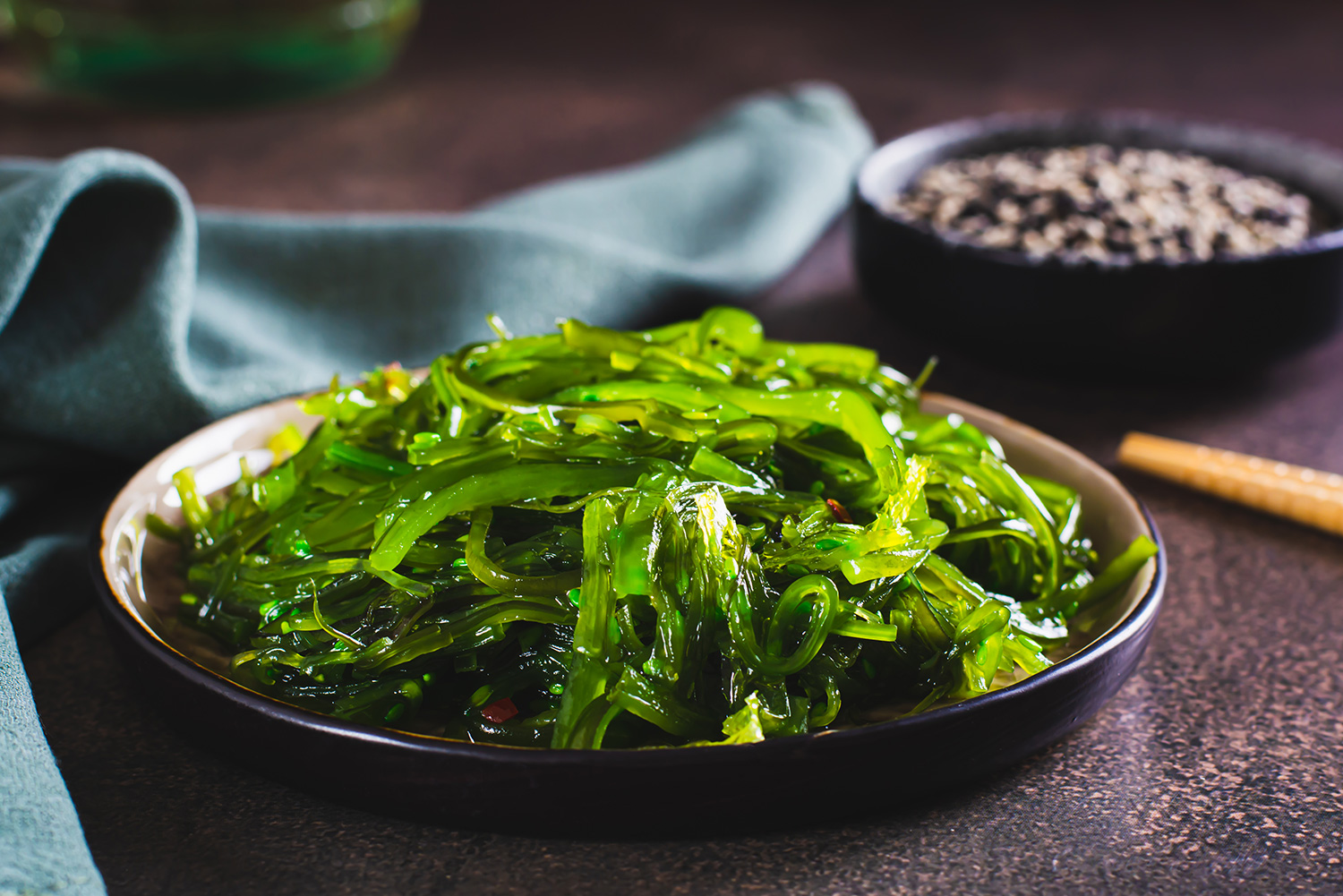
Iodine deficiency is one of the leading causes of hypothyroidism (an underactive thyroid), as the thyroid gland requires around 60 micrograms of iodine every single day to produce its crucial hormones. But iodine’s benefits don’t stop there – it also supports your memory, mood, energy levels, and a robust immune system. You might already associate iodine with its external use in hospitals, where it is applied to the skin before surgery to help prevent infections. That same antimicrobial power supports your immune health internally, too.
One of the most fascinating areas of iodine research is its role in female reproductive health. Iodine receptors are found all over the body, including in breast tissue. Research suggests that iodine deficiency may be involved in fibrocystic breast disease (those uncomfortable, lumpy, tender breasts many women notice premenstrually). Adequate iodine helps modulate the effects of oestrogen on breast tissue, potentially easing these monthly breast changes. If you suffer from sore or swollen breasts before your period, it might be worth checking your iodine intake.
Let’s take a look at traditional Japanese diets for inspiration. People in Japan consume an impressive 5–13 milligrams of iodine daily, mainly through seaweed and seafood. In contrast, the recommended daily intake in most Western countries is just 150 micrograms (increasing to 220 micrograms during pregnancy and breastfeeding). It’s interesting to note that Japanese women have a very low prevalence of breast cancer and thyroid disorders – food for thought, quite literally!
So how can you tell if you’re getting enough iodine? The most reliable way is through a 24-hour urinary iodine test with your doctor or functional practitioner. (Please make sure you don’t have thyroid antibodies before doing this test, if you are positive for thyroid antibodies, then please don’t perform the 24-hour urinary iodine test) But there are symptoms to watch for, including:
If these sound familiar, it could be time to investigate your iodine status..
Incorporating iodine-rich foods is the simplest strategy. Try swapping your table salt for Himalayan crystal salt or iodised salt, and include seaweed in your diet a few times a week – added to salads, soups, or sprinkled on vegetables. Just be mindful of sourcing seaweed from reputable, low-toxin areas, as waters in some parts of the world (including post-Fukushima Japan) may still carry contamination risks.
Please place orders before Tuesday 16th December for delivery before Christmas. Orders placed over the holiday period will be sent after Monday 5th January.
Wishing you a Merry Christmas and Happy New Year.
Sign up to get access to announcements, recipes, special deals and more.